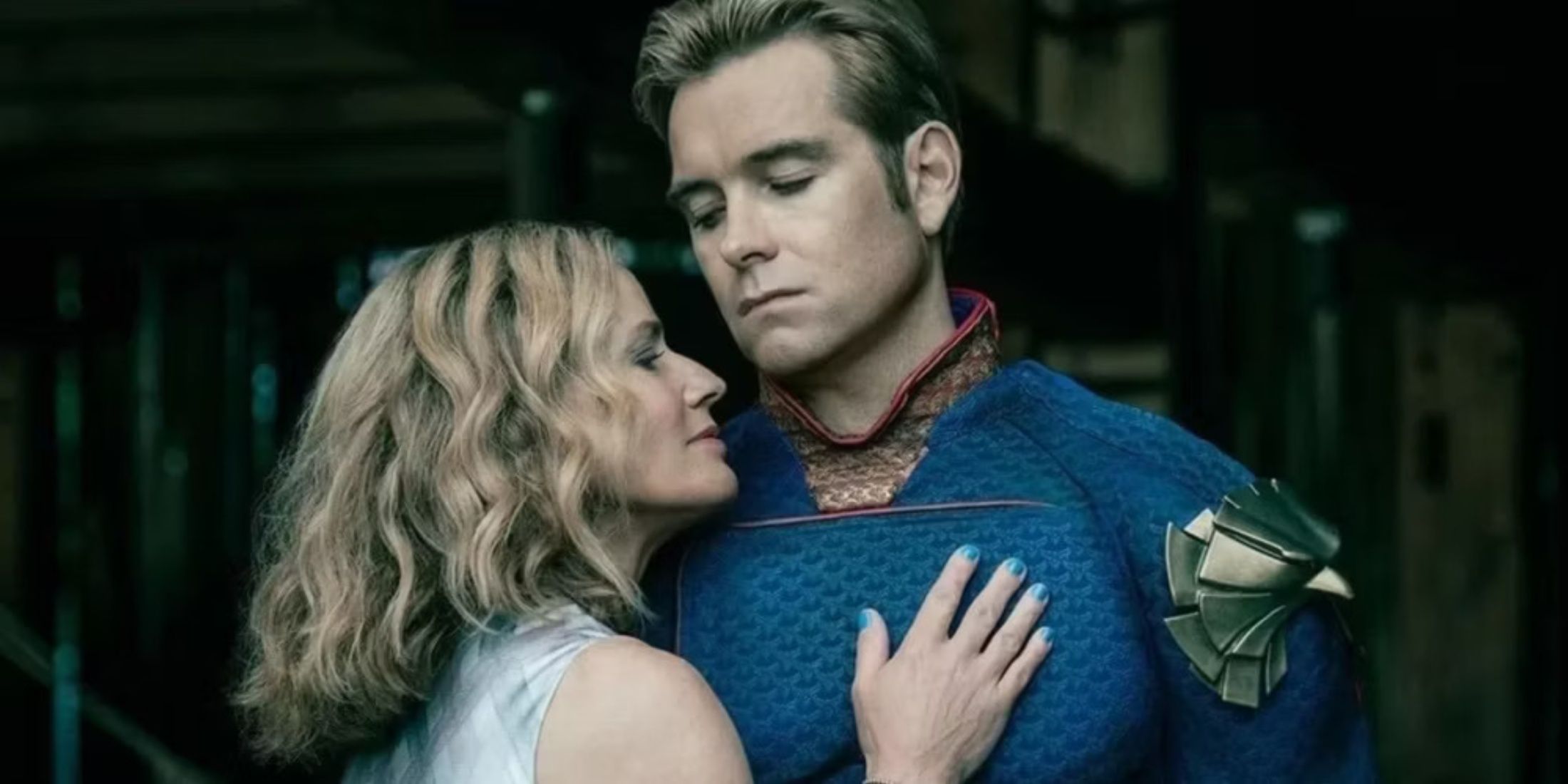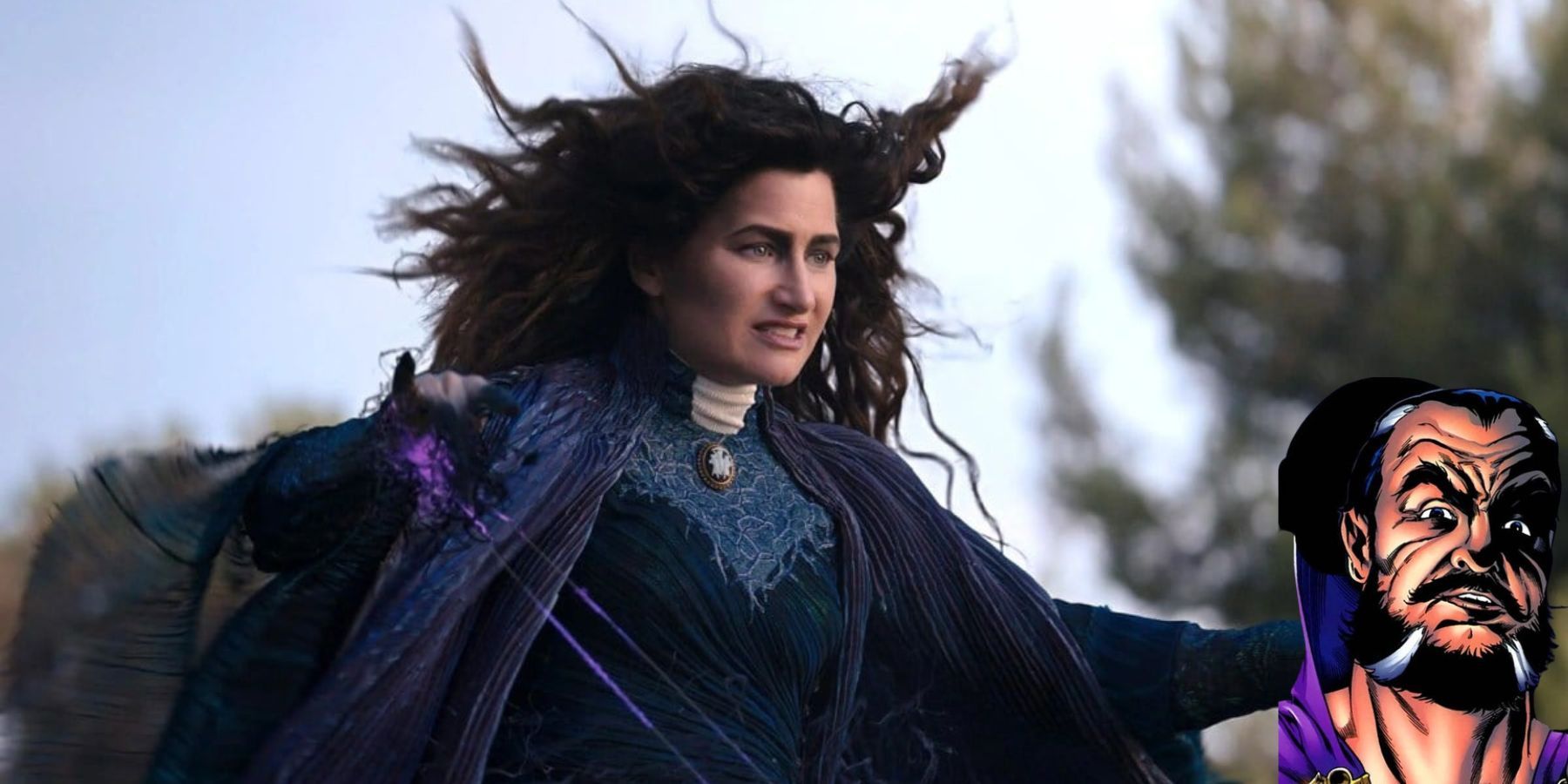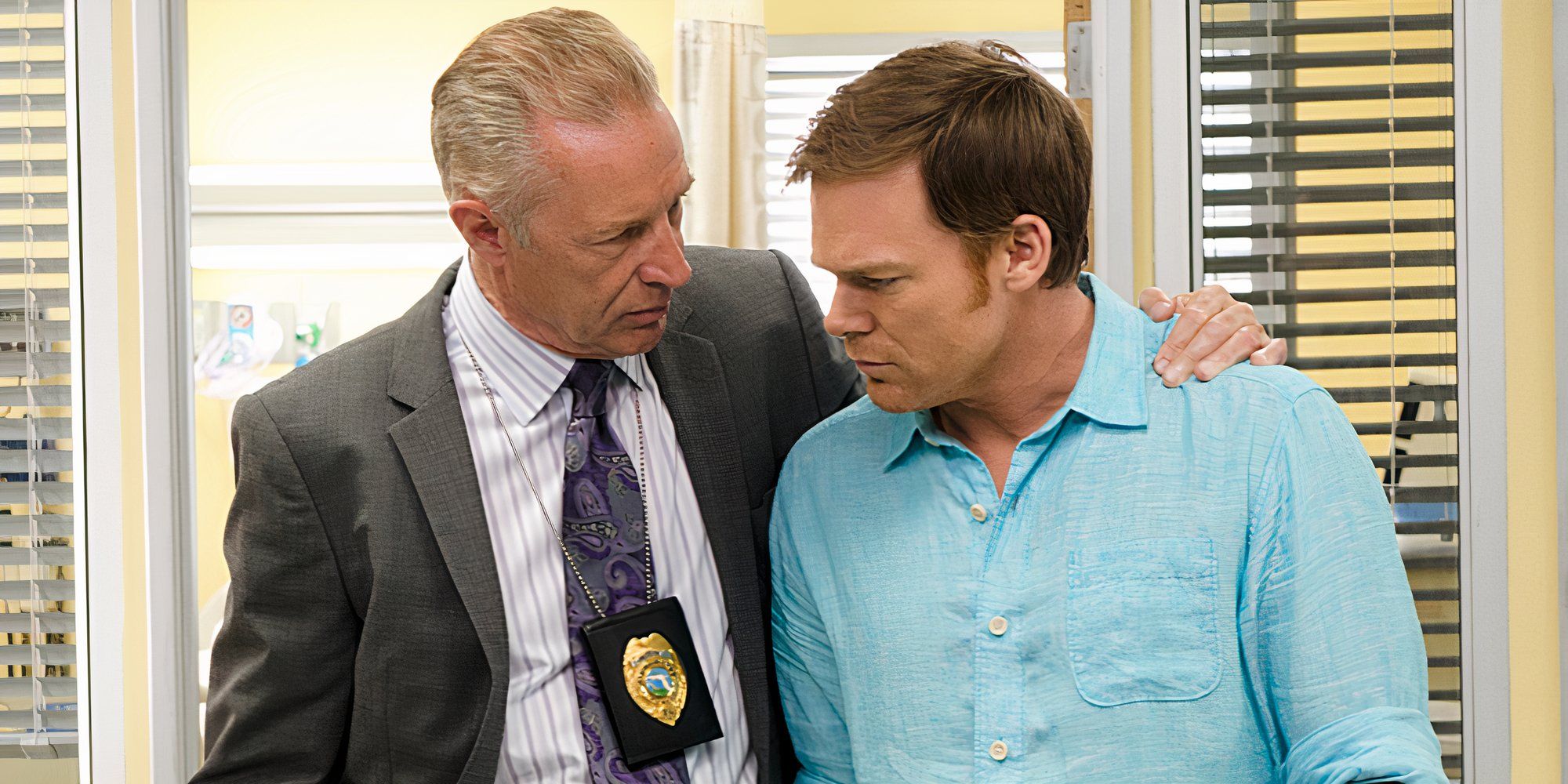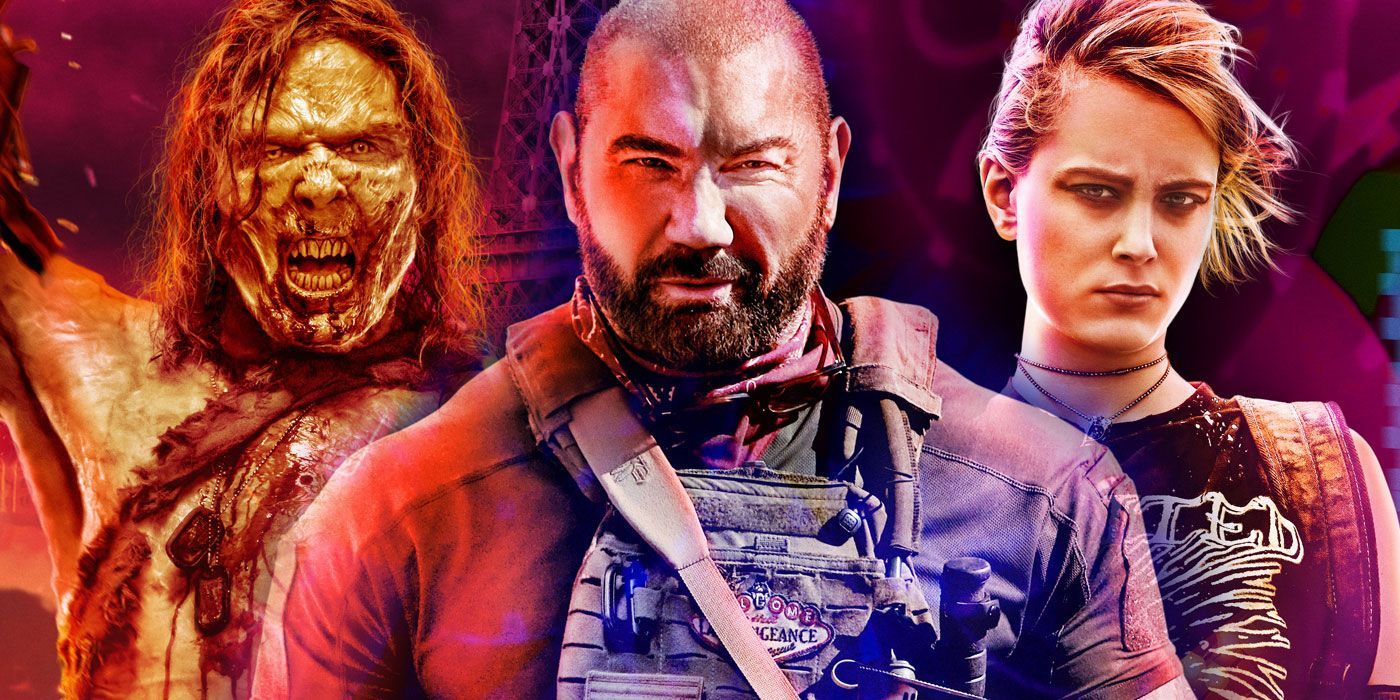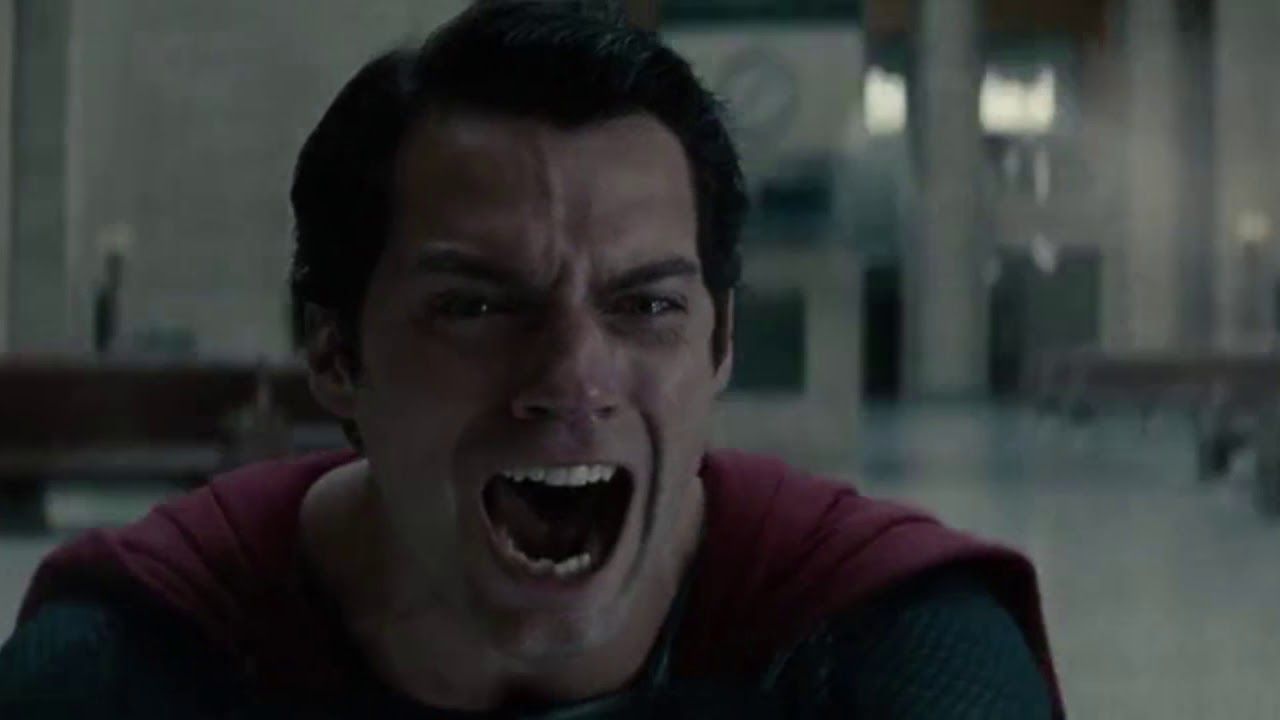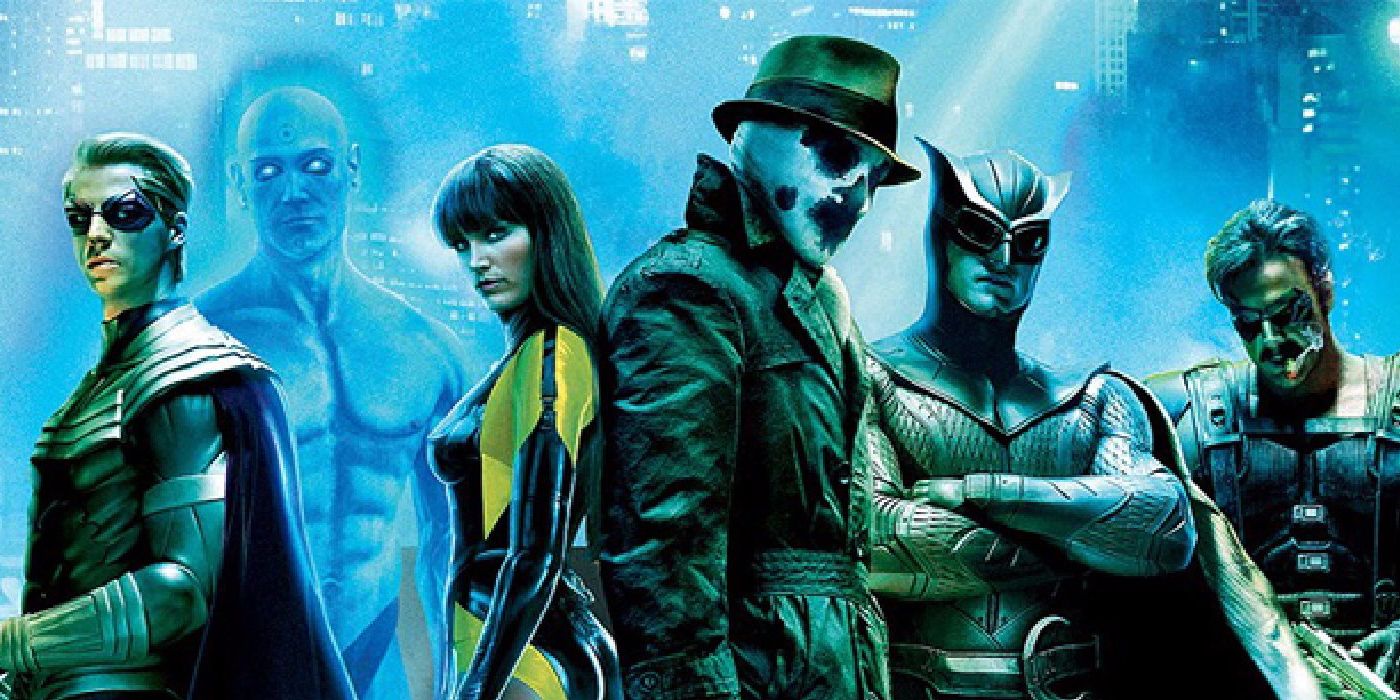Zack Snyder is a polarizing director, a rare name in Hollywood that garners both a huge fanbase dedicated to his work and a huge contingent who despises everything he creates. His most recent film, alongside its recently announced sequel and spin-off series, are a monument to a very common critique of Snyder's work; his inability to self-edit.
When DC Comics began its semi-successful attempt to compete with the Marvel Cinematic Universe, Zack Snyder was the primary creative voice behind its direction. As it has gone on, it has taken on a variety of new directions through the many new filmmakers brought into the extended universe, leaving one to wonder what the DCEU would look like today if Snyder still ran the show.
As a director, Zack Snyder is almost always working in adaptation. Remakes, comic books, novels, Snyder has only directed two completely original films, the much-maligned Sucker Punch and Army of the Dead. He came to prominence with his first feature film, his remake of George Romero's Dawn of the Dead, to which he considers his newest film a spiritual successor. His follow-up was the extremely well-received Frank Miller adaptation 300, which really cemented his particular style. Snyder's take on the beloved graphic novel Watchmen, though controversial, was generally successful and maintained a considerable fanbase. After Snyder's passion project Sucker Punch, DC sought him out as the director of the first film of a prospective DCEU, 2013's Man of Steel.
One of Snyder's biggest problems as a filmmaker is his self-destructive indulgence. Everyone is familiar with his hallmarks; hamfisted religious imagery, excessive violence and destruction, glorification of the hypermasculine, extremely conservative worldview, and unending and often meaningless death. Many directors have particular fascinations that fans can see represented over and over throughout their catalogue, both for good and for ill. Examples like Tarantino's apparent preoccupation with feet may attract jokes, but rarely have any actual effect on the quality of the overall film. Snyder's hallmarks are much more obtrusive to the narrative, and as his newest output clearly showcases, he is much less capable of regulating their inclusion.
Army of the Dead is a fine film, but in the canon of Snyder's work, it stands out in a number of ways. As one of very few fully original works, Snyder is oddly more restrained than he has been in years. Sure the main characters are hypermasculine stereotypes, everyone who isn't a main character is a mindless zombie to be slaughtered, and the comedy is predictable and crude, but no one is directly portrayed as the messiah, so its an improvement. Where it goes off the rails is in the details, side characters mention artifacts from Indiana Jones, Area 51 appears briefly, sharp-eyed viewers may have even spotted a pair of UFOs taking off in the background. Army of the Dead is a fine premise, a heist taking place during a zombie apocalypse, so why shoehorn in bizarre sci-fi and fantasy elements? Why overstuff something so straightforward?
Snyder has spoken a bit about the upcoming sequel, Planet of the Dead. As that title implies, Snyder has mentioned publicly that this film could feature aliens, other worlds, and possibly even alternate dimensions. Leaping from a premise as simple as an Oceans movie set in Zombieland, to all that interwoven with an alien invasion or multiversal travel is the kind of choice that can see audiences fatigued with a series two entries in. It isn't a smart choice, but it's one Snyder can't help but make. Snyder works in big concepts; with very few exceptions, his films are packed with characters, concepts, and overlapping genre details. His simplest stories, Day of the Dead or 300 for example, still pack in huge ensemble casts with nowhere near enough screentime to flesh out. Watchmen or Batman V. Superman drag together clashing concepts into a needlessly intricate narrative while never slowing to take it all in. It's that level of indulgence that would ruin Snyder's attempts at a DCEU.
The DC Comics universe is gargantuan, built up over almost a full century, and exactly as big as that would imply. By Snyder's second DCEU film, he was introducing concepts so far beyond the average audience member's knowledge, that large swaths of BVS felt like gibberish. Consider the genre's primary competitor, the MCU. It's been 13 years since the MCU began, and only now have they begun to get detrimentally bogged down in detail. Zack Snyder's Justice League, though in many ways better than the original, was over four hours long and completely choked with DC trivia. Snyder's version of the DCEU would be one that broke records for superhero fatigue, losing the support of all but the director's most die-hard defenders.
Planet of the Dead could turn out just fine, and even if it doesn't, Snyder's devotees will defend it to the death. The choice to make a DCEU without Snyder is the right one, but it's also one of bold confidence. DC could rest on their laurels, indulging Snyder's worst habits and raking in the profits of his army, but they've chosen many different paths, and without him at the helm, they could create something truly original.

